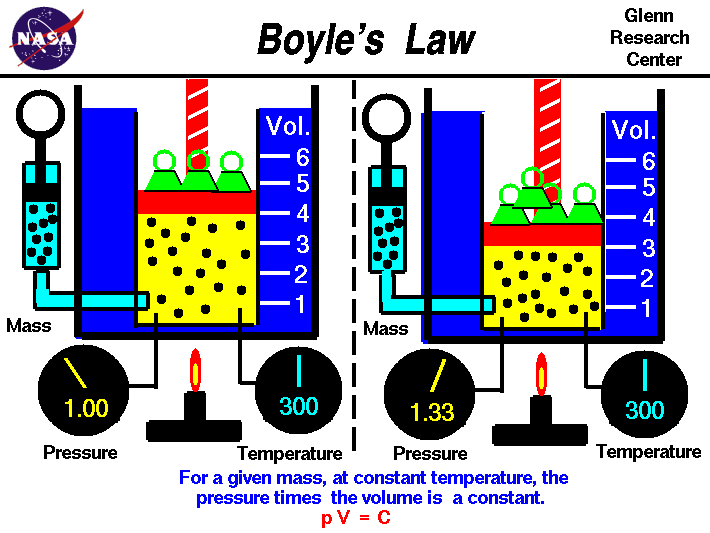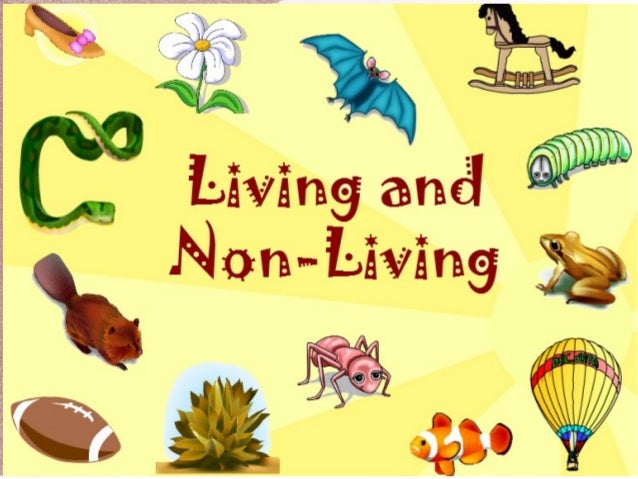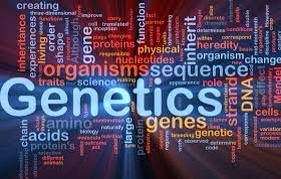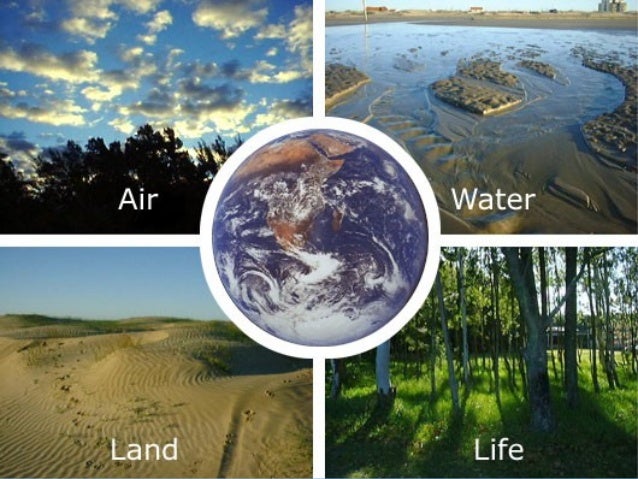
 Earth Science, as we all know, is dealing with the physical constitution of the earth and its atmosphere. Then why is it important to learn? Simply because we are curious about what will happen next if this particular thing happened or what will cause this to become possible. Those earth related questions and thoughts can be answered by learning about earth science. For example, there was an earthquake and you did not know its cause. Upon learning about earth science, you listed the possible causes of an earthquake and its intensity. Knowing that, you realized that there was a volcanic eruption nearby and it was reported in TV.
Earth Science, as we all know, is dealing with the physical constitution of the earth and its atmosphere. Then why is it important to learn? Simply because we are curious about what will happen next if this particular thing happened or what will cause this to become possible. Those earth related questions and thoughts can be answered by learning about earth science. For example, there was an earthquake and you did not know its cause. Upon learning about earth science, you listed the possible causes of an earthquake and its intensity. Knowing that, you realized that there was a volcanic eruption nearby and it was reported in TV.
 |
| Pacific Ring of Fire |
"Earth Science is the all-time favorite branch of Science I ever wanted to learn. It started way back when I got interested on this subject matter. Up until now, I wanted to study more about the whole Earth itself, its complexities, its deeper secrets, and much more amazing and interesting our home planet has to offer. Not like the other branch of Science such as the hardcore chemistry or the advanced mechanisms of physics, Earth science was the thing I got interested in it simply because I like to study the structures, characteristics, and some hidden mysteries of our blue planet that was gifted to us. Through the history of Earth, the formation of the continents, the inner layers, the rocks, earthquakes, and many more, I simply can't get enough to learn everything in it. Basically, we talk about geology in this branch, where everything in Earth is studied. We start off to learn about what's inside the planet, which is the layers of the earth, and the history of Pangaea on how a one massive super continent broke down into different continents we know now. We also get to learn about Alfred Wegener and his ideas about the said plate movements, and also the forces that makes the plates move. In another chapter, I learned about the different plate boundaries. Another is a tour on the Pacific Ring of Fire, which is the home to many earthquakes and volcanic activities. These topics will really get you interested about knowing Planet Earth more. Not only 4th quarter offers these kind of topics, but also with regards to our thesis that was made by my group with my fellow members. They were the ones who have gone through the rough roads to reach to the point where everything is good. Thankfully, I am happy that we have accomplished a difficult task with the great support of my members  None of this would happen if they were not there. This 4th quarter has been my delightful days, which I know everyone would be too. With this matter, I will look forward to the upcoming next years of school life. I thank my Science teacher Sir Romeo Dolor, who stick to our side for the whole year in helping us through thick and thin. This all served as an inspiration to me not just on this matter, but to the upcoming activities to come." ~ PIMENTEL, Stephen Kyle
None of this would happen if they were not there. This 4th quarter has been my delightful days, which I know everyone would be too. With this matter, I will look forward to the upcoming next years of school life. I thank my Science teacher Sir Romeo Dolor, who stick to our side for the whole year in helping us through thick and thin. This all served as an inspiration to me not just on this matter, but to the upcoming activities to come." ~ PIMENTEL, Stephen Kyle
 |
| Pangaea |
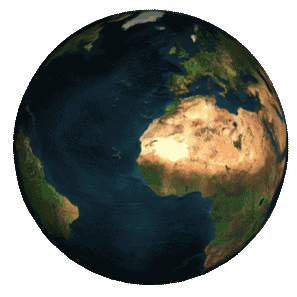
"Sad to say, this is the last lesson of our 10th grade in science but I can conclude that this topic is very interesting and was made fun because of activities. This lesson, Earth Science, is made possible by our science teacher, Mr. Dolor. We are very thankful to him for being with us in this chapter of our life and gave us courage in order to start another chapter in life. Before this blog become life lessons, I am going back. So earth science, it is everything we can learn in order to be prepared and not to panic during unexpected events. We learned a lot regarding this topic. Like, what is inside earth, its properties, and why did it exist were answered again, thanks to our science adviser. To end this, there is only one thing I would like to say, although this lesson is basic, I find this very hard and challenging". ~ GARCIA, Marichelle
 |
| After Earthquake |
"Earth Science, is one of my favorite topic in Science. This quarter, Earth Science was discussed in a more complex way. There were more type of movements that i least expected. I learned a lot about earthquakes and how to prevent the risky things that might happen during an earthquake. I also learned more about the scientist and their uncanny theories that made me curious about Earth and whats on its beneath. I also had a lot of fun listening to Sr. Dolor telling us about the past events of volcanic eruptions and how it made history. In all This quarter made me more knowledgeable about the earth geography. And I'm looking forward to learn more about it."
~ SALAZAR, Mary Angela
 |
| Alfred Wegener |

"Yes this is the last thing were gonna do as s group of our investigatory project. Well its nice to be in our group and our leader Stephen done a great job and also us in the group. This year is memorable at me. All the hard work and sweat that we have when we do the experiments. I would like to thank our subject advisers who help us and my group mates. Its nice to have a group like this. This year is memorable. Till next time we meet and promote our product." ~ TERAN, Alfonso
 |
| Earth Layers |
The Earth consists of four concentric layers: inner core, outer core, mantle and crust. The crust is made up of tectonic plates, which are in constant motion. It is also where we stop our foot as a human being. Crust also causes events like earthquakes due to fault or crack by the plates. Without crust, human would be of no existence on Earth since that mantle is predominantly solid but in geological time it behaves as a very viscous fluid.

"Finally, the last chapter for this school year. After all the difficult lessons and fun experience during science class we are about to come to and end. It was a great time though. Id like to thank my science teacher for having patience towards us and for being there too. Also my classmates, thanks for the memorable fun moments guys. Till next time!" ~ GONZALEZ, Juan Miguel

SCIENCE IS AWESOME! It has been a great experience for us to have a teacher so considerate and very thorough in teaching science even if it is complex. We thank him for all the efforts and sacrifices he has given us although we temperance are very noisy and sometimes does not participate in class. We have to close the book for 10th grade science and open another book of science in the 11th grade.



 And hopefully you guys will enjoy this kind of topic even if it seems that it's complicated."
And hopefully you guys will enjoy this kind of topic even if it seems that it's complicated."